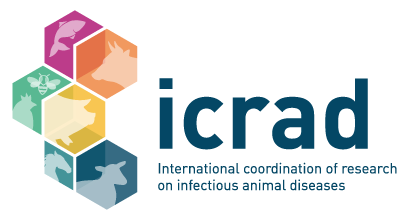Project details
Acronym: HARTEMIS
Researcher: Prof. Anne LESPINE
Countries: France United Kingdom Poland
Organisations:
Website: Résistance aux anti-parasitaires
Project Summary
The goal of HARTEMIS is to provide sustainable solutions to control the pathogenic parasite Haemonchus contortus, a gastrointestinal nematode (GIN) increasingly infecting sheep and goats and developing readily resistance to anthelmintic drugs. This rapidly emerging problem compromises animal welfare, production and agricultural profi tability and sustainability worldwide.The success of the project relies on connecting 4 research groups from 3 European countries with complementary expertise: P1,INRAE/INTHERES, the French coordinator, on molecular mechanisms of ML resistance, and P2, INRAE/IHAP on herd management; P3, UK on modeling aspects; P4, Poland on economic evaluation. The main objectives are determining the evolution of the parasite
populations in the context of climate change, to monitor the development of resistance to macrocyclic lactones, the main anthelmintic class used today, and to collect material: parasites resistant and susceptible in 3 European countries (WP1); providing tools in `K=elegans and in H. contortus to study the mechanism of drug and temperature adaptation, and to predict efficient drugs (WP2); implementing relevant strategies to control infections in farms (WP3), and to evaluate their economic benefi ts (WP4).Overall, the project will propose achievable strategies to address in the short term the problem of AH drug resistance in sheep farms. In parallel, we will develop tools to predict the evolution of infective parasites, to counter the spread of resistance to drugs, anticipating the impact of climate changes, in a longer-term prospective. This fi ts into objective of research area 1 of the call as it will considerably improve the understanding of anthelmintic resistance, develop intervention tools to prevent it, and evaluate the impact of climate changes.
